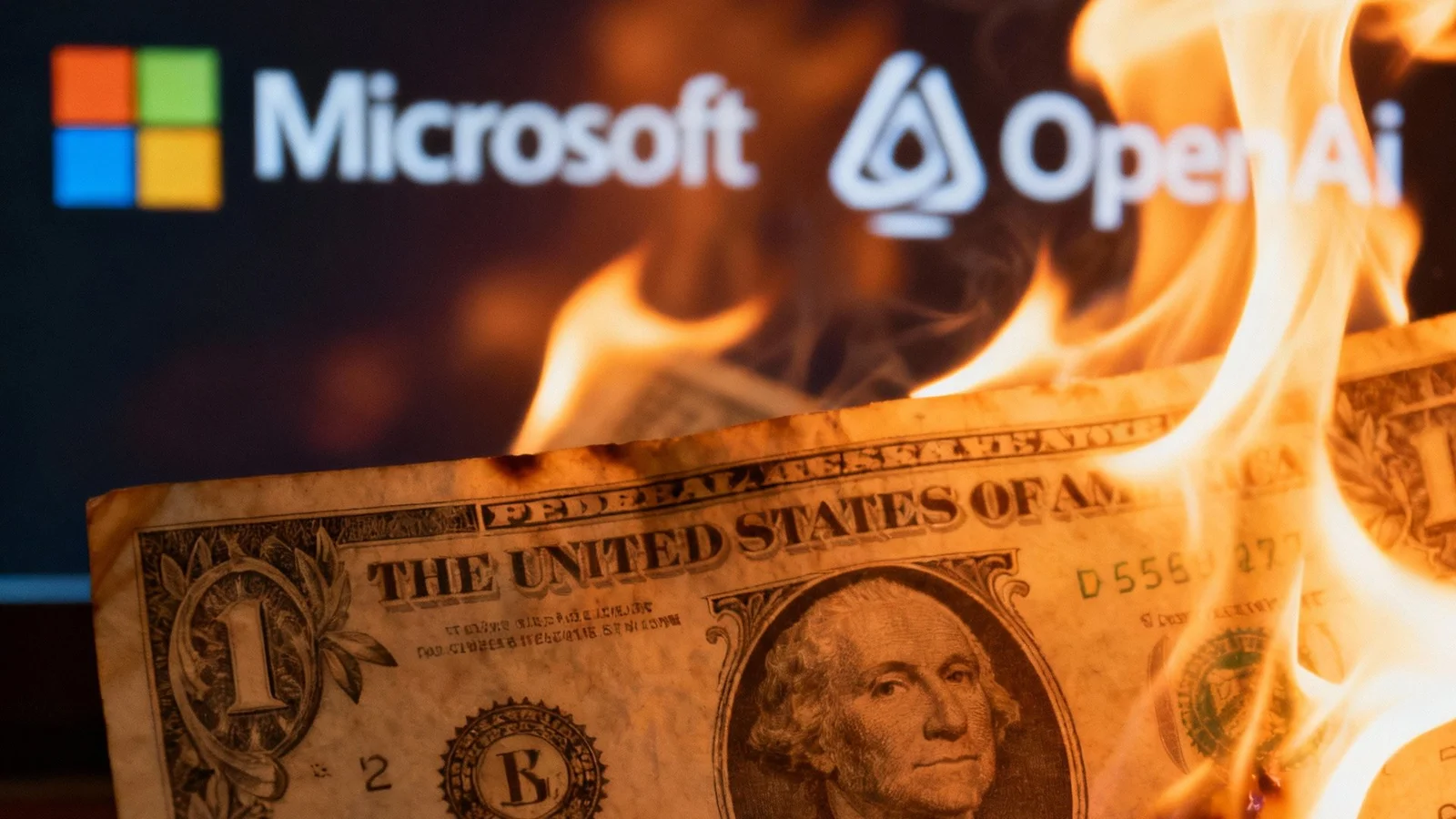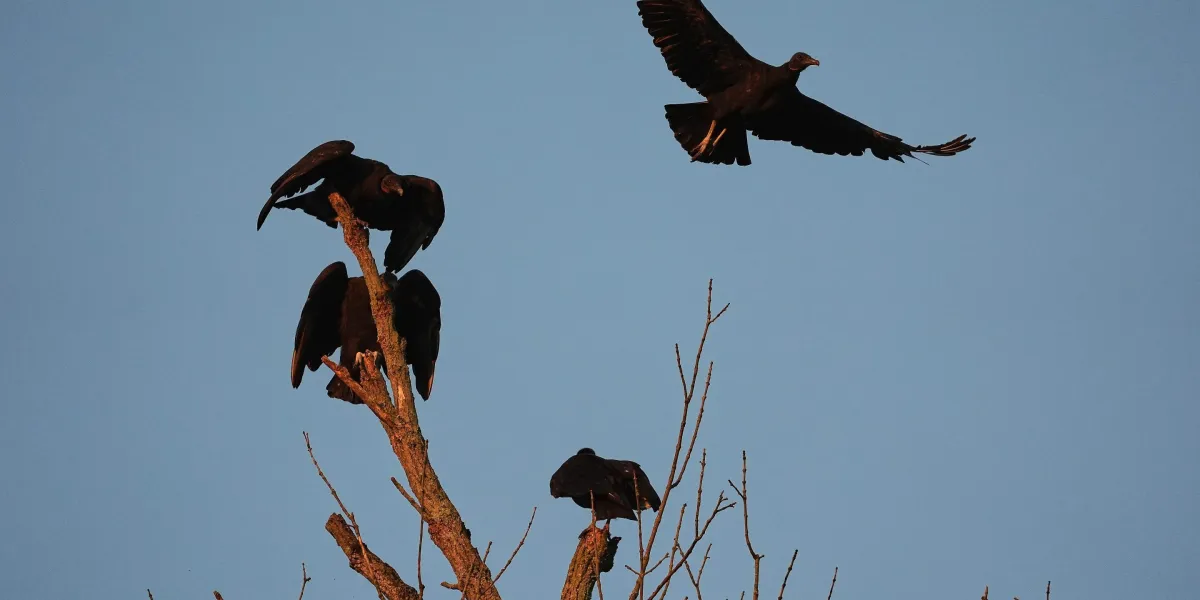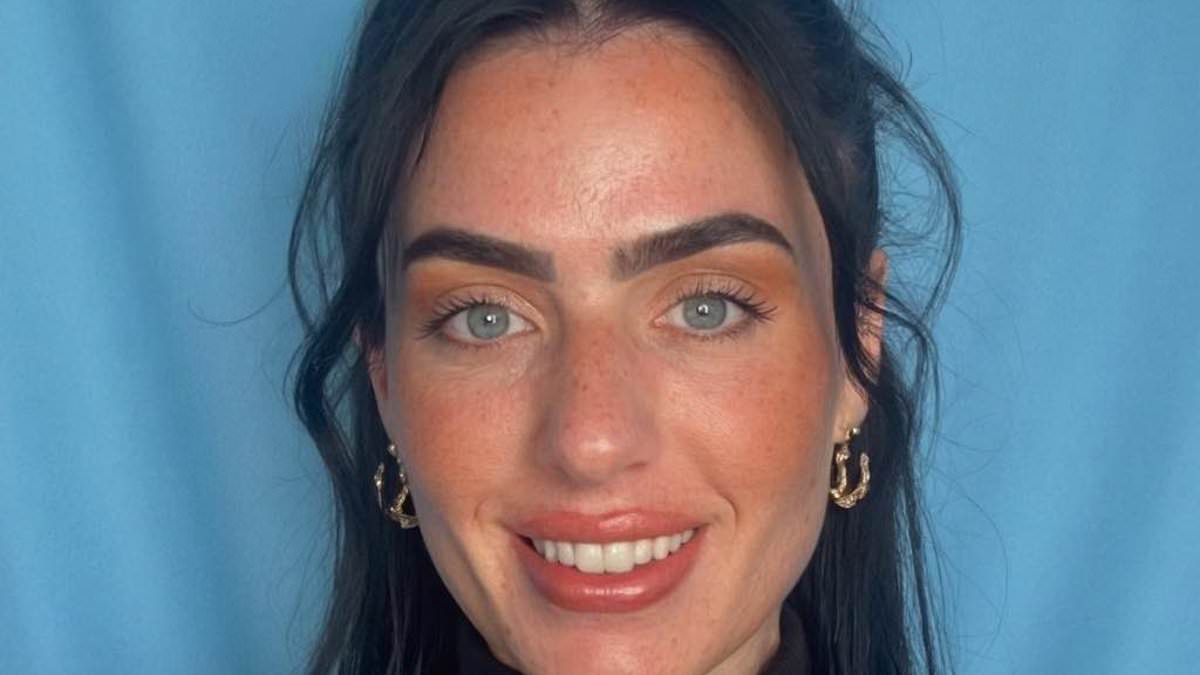Copyright researchsnipers

Today, Microsoft’s commitment to OpenAI is considered one of the smartest moves in recent tech history – but the beginning was anything but self-evident. CEO Satya Nadella now reports how Microsoft founder Bill Gates reacted. Bill Gates warned Satya Nadella Gates was therefore super skeptical in 2019 when Microsoft wanted to invest a billion US dollars in the then non-profit AI start-up. Microsoft’s “billion dollar bet” on OpenAI was a risk “Bill basically said at the time: ‘You’re going to burn this billion dollars,'” Nadella said in retrospect in an interview with the YouTube channel TPBN (via Business Insider). At that time, no one suspected that the risky bet would one day become a central component of Microsoft’s future strategy.Watch on YouTubeIn fact, the first payment to OpenAI in 2019 was the start of an extraordinary partnership. Microsoft has now invested more than $13 billion in OpenAI and, following the company’s recent restructuring, holds around 27 percent of its for-profit subsidiary, OpenAI Group PBC, a stake that is worth around $135 billion, according to current estimates. However, the path to get there was anything but straight. Nadella recalled that OpenAI was still operating as a non-profit organization at the time. “Even at Microsoft, the board had to be convinced that this investment made sense,” he said. “It was clear that this was a risk – but one that we wanted to take.” Additionally, the Gates OpenAI quote may one day become as famous as his 1981 PC memory prediction: The famous quote attributed to Bill Gates is: “No one will ever need more than 637 kilobytes of memory on a PC.” Taking risks pays off Looking back, the willingness to take risks paid off. Since the release of ChatGPT in November 2022, OpenAI has become one of the most well-known names in the tech industry. Development of ChatGPT 2015 December 11th Founding of OpenAI with the aim of developing a non-profit and safe AI2018 June Release of GPT-1 with 117 million parameters as OpenAI’s first language model, laying the foundation for later models2019 February release of GPT-2 with 1.5 billion parameters, which was initially only released on a limited basis2022 At the end of November, ChatGPT was released for the first time as a web app based on GPT-3.5, which triggered an enormous user boom2023 Early 2023 Rapid spread: ChatGPT reaches over 100 million users2023 Spring Introduction of GPT-4 with improved capabilities and use of Reinforcement Learning with Human Feedback (RLHF) to improve quality The chatbot spread rapidly, reaching over a million users within a few days and is now used by more than 800 million people per week, according to OpenAI boss Sam Altman. Today, hardly anyone shares Bill Gates’ skepticism: the “burning of billions of dollars” has become one of the most successful alliances in AI history.



